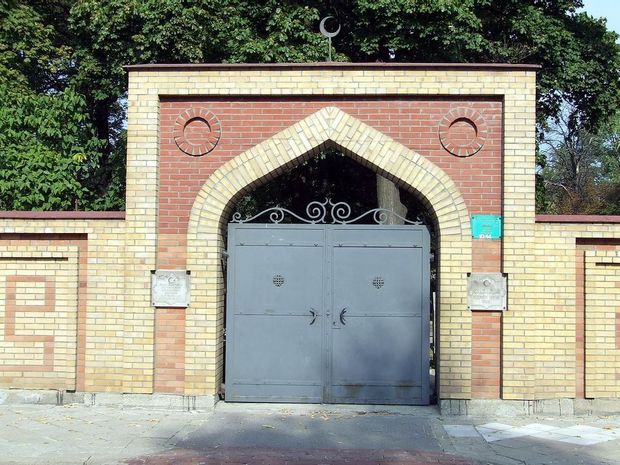Tatars doubly recognised in Poland
Polish Tatars are treated not only as an independent ethnic community but also as a major Muslim group
The Tatars have been living in Poland for many centuries, and they are treated as a part of the country's heritage. Unlike other Muslims, Tatars are presented and treated as ''ours'' by Polish people, says PhD and expert in Islam and Muslims in Europe Konrad Pędziwiatr. Nevertheless, over the years, the ethnic community has become rather dispersed.
Polish Tatars possess a strong identity and have a lot of resources to help them preserve their heritage, claimed Konrad Pędziwiatr, PhD and lecturer at the Kraków University of Economics, in his interview to New Eastern Europe. According to the scholar specialising in Islam and Muslims in Europe, there are around 30,000-40,000 of Muslims in Poland and maximum 2,000 people who associate themselves with the Tatar national identity.
The Tatars have a long history in Poland: they have been living there since the times of the Polish-Lithuanian shared monarchy. As a result, they are treated as a part of the country's heritage. However, the community gradually assimilated with the wider Polish society. Currently, Tatars live in mixed communities, and this is a significant obstacle for them to maintain their national identity. ''Yet, there is no doubt that their identity is still very strong and they have a lot of resources to help them preserve their heritage, such as language classes and many other different activities,'' considers Pędziwiatr.
He added that the Tatars are still included in the Polish national narrative. In 2015, President Andrzej Duda visited a 19th-century mosque in Bohoniki to meet with community representatives. Despite some extremists argue that the Tatars should be expelled from Poland, generally, our compatriots are presented as ''ours'' by Polish people while other Muslims are treated as ''others''.

It is also important that Tatars are doubly recognised in Poland. Besides being treated as an independent ethnic community, they are also recognised as a major Muslim community of Poland, while, statistically, they are in a minority. Furthermore, the relations between the traditional diaspora and Muslim newcomers are rather complicated. Ethnic Tatars run the Muslim Religious Union of Poland (MRU), an organisation that is valued and legitimated by the state. The union takes care of historic mosques in Kruszyniany and Bohoniki and a prayer house in Białystok. They are also in charge of the modern mosque in Gdańsk and Islamic Center in Warszawa.
The second Muslim organisation, Muslim League, was established in 2001. It is recognised as a religious community and has its own mufti. Its rivalry with the MRU reached the highest point in 2008 when the league built the Islamic Cultural Centre in Warszawa. Meanwhile, according to the mufti of MRU, the Tatars historically possessed the priority right to construct such an edifice in the Polish capital.